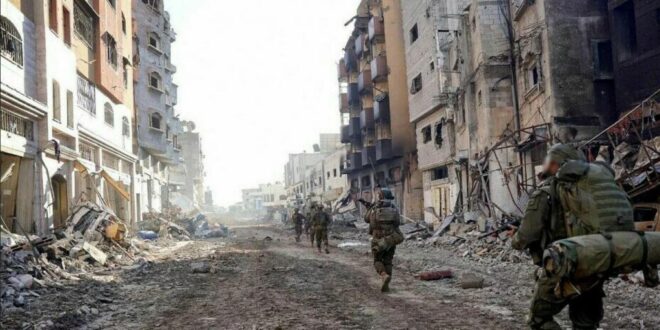The Hamas delegation, which left the negotiations in Cairo, emphasized that they are solely interested in implementing the proposal by U.S. President Joe Biden regarding a hostage agreement and a ceasefire in Gaza, which was agreed upon on July 2nd.
Hamas demanded that Israel be held accountable to the terms agreed upon on July 2nd, based on what was outlined in Biden’s speech and the UN Security Council Resolution, said Izzat al-Rishq, a member of Hamas’s political bureau, in a statement.
PHILADELPHIA CORRIDOR
Senior Hamas official Osama Hamdan told Al-Aqsa TV that Israel has set new conditions for accepting the agreement and has withdrawn from what it had previously agreed to.
According to Hamdan, these new conditions included the relocation of Israeli troops to the Philadelphi Corridor, a key strip of land along the border with Egypt, and the stipulation that Palestinians would not control the Rafah crossing with Egypt.
The Hamas negotiating delegation left Cairo on Sunday evening local time after meeting with mediators for renewed talks.
In his statement, Al-Rishq emphasized Hamas’s position that any agreement must include a permanent ceasefire, complete withdrawal from the Gaza Strip, the right of residents to return to their areas, assistance and reconstruction, and a serious prisoner exchange agreement, CNN reports.
The European Union’s High Representative for Foreign Affairs and Security Policy, Josep Borrell, expressed deep concern over the escalation of the conflict in the Middle East, highlighting the serious risks it poses both regionally and globally, Anadolu Agency reports.
“The situation in the Middle East has reached a critical level of danger for the region and beyond,” Borrell said on platform X.
BORRELL’S APPEAL
He also reiterated Lebanese Prime Minister Najib Mikati’s call for the urgent implementation of UN Security Council Resolution 1701, which aims to halt hostilities and stabilize the region. Borrell further emphasized the importance of a ceasefire in Gaza as an essential step to mitigate the risk of the conflict escalating into a full-scale war.
His comments come just hours after significant Hezbollah attacks and Israeli airstrikes on Lebanon, which are raising fears of a larger regional war. Amid growing international concern over escalating tensions, global leaders are increasingly calling for urgent de-escalation measures to prevent a broader conflict.
 Eurasia Press & News
Eurasia Press & News



